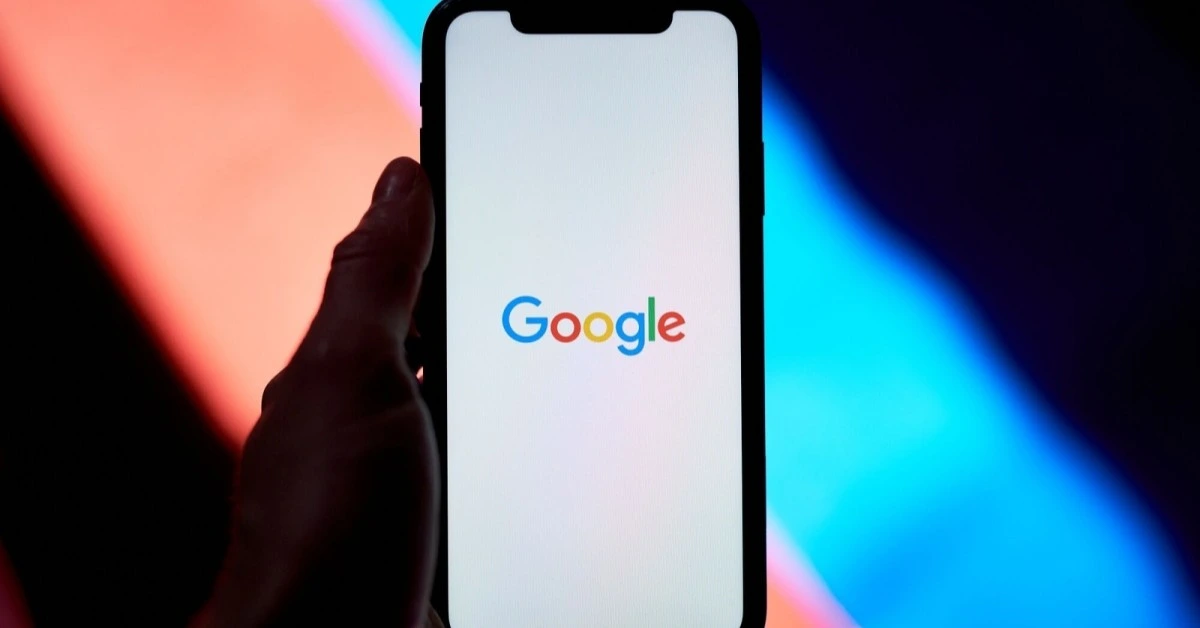
USA – Google is launching a global initiative to train workers on artificial intelligence (AI) as part of its strategy to influence policies and perceptions ahead of stricter AI regulations, Reuters reported on Jan. 25.
According to Kent Walker, Alphabet’s president of global affairs, this effort aims to create a “virtuous cycle” where more people and organizations, including governments, become familiar with AI and adopt AI tools.
“Getting more people and organizations familiar with AI and using AI tools makes for better AI policy and opens up new opportunities,” Walker told Reuters.
A key component of Google’s initiative is the expansion of its Grow with Google program, which combines online and in-person training to equip workers with technical skills such as data analysis and IT support.
The program, which has already provided certificates to 1 million participants, will soon include AI-specific coursework.
However, Walker emphasized that standalone courses are insufficient unless they lead to tangible benefits, such as credentials that workers can use to secure jobs.
“What really matters is if you have some sort of objective that people are working towards, like a credential,” he said.
To further explore AI’s impact on the workforce, Google has also brought on economist David Autor as a visiting fellow.
Autor advocates for using AI to develop immersive training tools, likening them to flight simulators.
He noted the challenges of adult retraining, explaining, “The history of adult retraining is not particularly glorious.
Adults don’t want to go back to class. Classroom training is not going to be the solution to a lot of retraining.”
This initiative comes as Google faces mounting regulatory pressures on two fronts: its traditional search and advertising business, and new government efforts worldwide to regulate AI companies.
In the U.S., the regulatory landscape is shifting following President Donald Trump’s repeal of Joe Biden’s 2023 AI regulations on his first day in office.
Biden’s executive order had mandated federal agencies to vet advanced AI models from companies like Google and Amazon, while also establishing chief AI officers and ethical frameworks to manage AI’s risks.
However, Trump’s reversal signals a lighter regulatory approach that prioritizes growth and innovation.
“Trump’s reversal marks a significant policy shift that is lighter on regulations and guardrails and more pro-growth and pro-innovation,” PYMNTS reported.
Despite this shift, how these changes will affect policies already implemented by federal agencies remains unclear.
XRP HEALTHCARE L.L.C | License Number: 2312867.01 | Dubai | © Copyright 2025 | All Rights Reserved